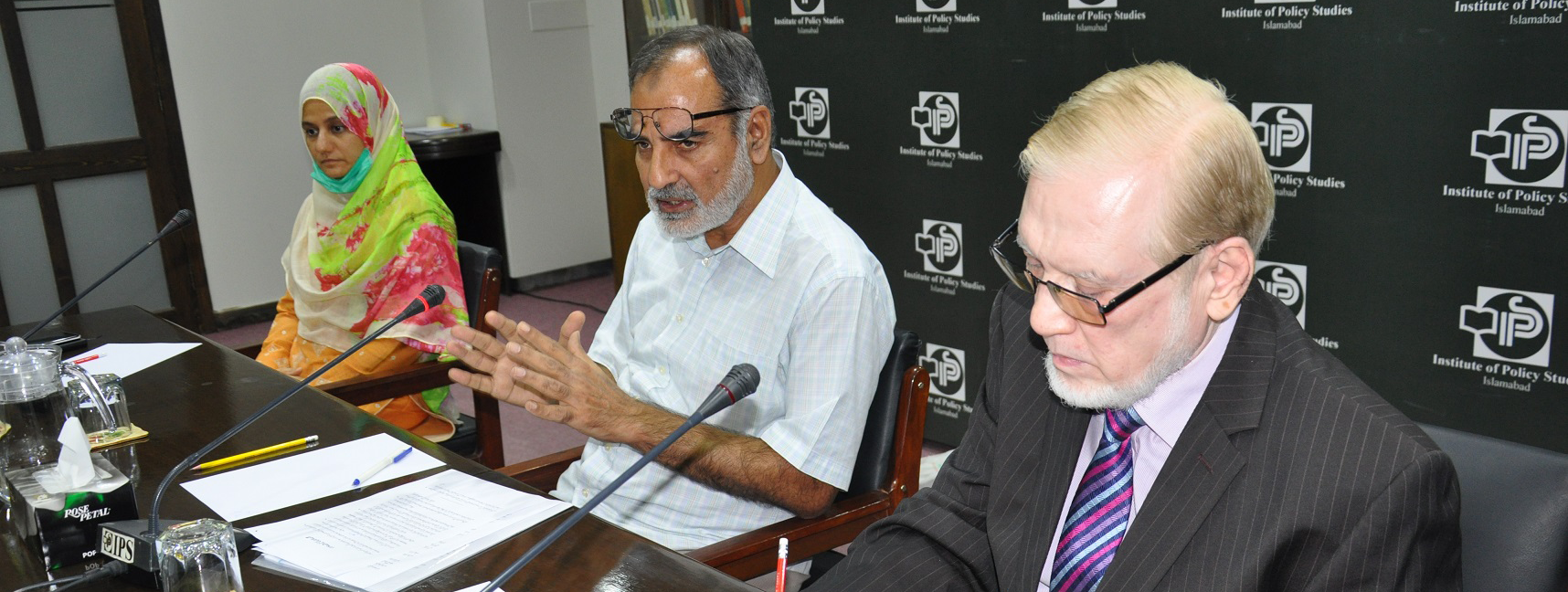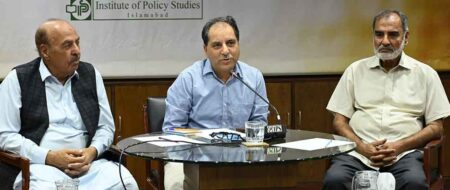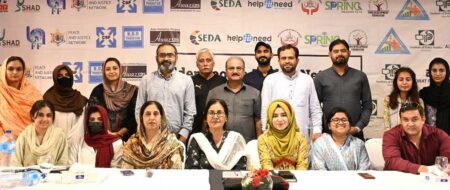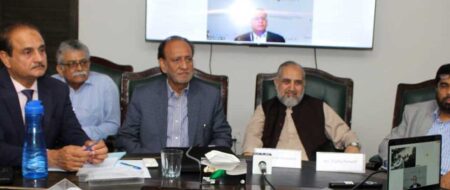Twelfth meeting of IPS’ Working Group on Kashmir
The twelfth meeting of IPS’ working group on Kashmir was held with
special reference to the status of Gilgit-Baltistan on October 26, 2020.
The meeting was chaired by Executive President IPS Khalid Rahman
and participated by Farzana Yaqoob, IPS associate and general secretary,
IPS-Working Group on Kashmir (IPS-WGK), Ambassador (r) Syed Ishtiaq Hussain
Andrabi, Ambassador (r) Tajammul Altaf, Advocate Nasir Qadri, international law
expert from Legal Forum for Oppressed Voices of Kashmir (LFOVK) and GM-IPS
Naufil Shahrukh, among others.
Sharing his views on the recent decision taken by the GoP to grant
provisional provincial status to the region of Gilgit-Baltistan, Rahman opined
that the steps reflected the aspirations of the local populace and were very
much in line with their longstanding demand for administrative, political and economic
reforms. He said that the measures will not only strengthen the trust of locals
on the Government, but will also satisfy the regions socio-economic and
political needs.
The speaker was however critical of the way the announcement
regarding the status of GB was made, stressing that the issue was very
sensitive in nature and hence demanded a much better strategy with improved
homework, careful political discussions, well-devised mechanisms and prior
agreement of all concerned stakeholders, the absence of all of which could
create issues in the future.
Rahman also shared some suggestions over the issue going forward
including the allotment of more seats to GB in the parliament than the seats
reserved by India for Jammu and Kashmir in its parliament, conducting a
referendum under the supervision of an independent international organization
like the UN, EU or OIC to ascertain the opinion and wishes of the people of GB
over the issue, and the declaration of AJ&K as a government in exile
followed up with a call for representation in UN, OIC or other international
platforms
Qadri was of the opinion that legally speaking, GB’s status was a
very serious and complex issue. He said that If there were any economic
interests of the state of Pakistan in GB, there were better ways to handle it
while keeping it under the same status quo. Even if there were any concerns
from the China’s end, GoP could have signed an agreement with China without
disturbing the special status of the area.
Speaking about the proposals presented by Rahman, Qadri said that
the idea of putting up AJ&K government in exile was not viable in terms of
international law. Instead of disturbing the present status quo in one way or
the other, the GoP should rather try to find a way to satisfy the economic
demands of the people of GB without making major constitutional amendments, or
at least without making them public. The speaker felt that a better approach to
address the socio-economic demands of the people of GB could have been adopted
by empowering them with a special ordinance instead of making grand scale
constitutional changes, which according to the speaker, could lead to some
legal constraints going forward.
Abrar also spoke somewhat on the same lines, maintaining that as
much as there is a need for taking timely steps, GoP should also avoid making
any hasty decisions. It could rather have waited for upcoming elections in GB,
after which it would have been in a much better position to deal with issue
cogently.












